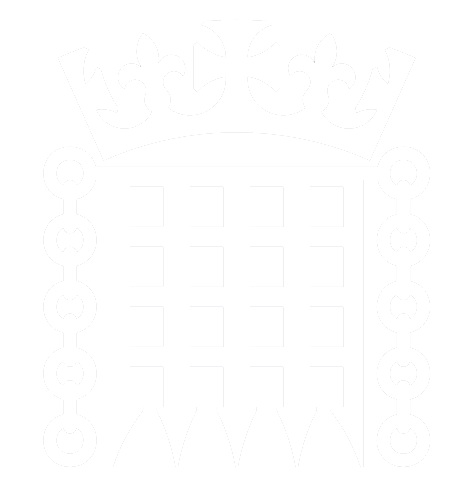Over the past couple of weeks there have been several important developments on the Government’s policy on delivering Brexit, including:
- The cabinet agreement at Chequers – see briefing slides here;
- The Government’s white paper on our future relationship with the EU – see here;
- The Government’s white paper on implementing the draft withdrawal agreement with the EU – see here;
As some of you may have heard on BBC Radio Derby after the Chequers Agreement, I am very concerned that what the Prime Minister has offered to the EU is not consistent with either what she promised in our manifesto at the election last year nor what those who voted to leave expected to be outcome – and around 66% of the people of Amber Valley who voted did vote leave.
As I said during the Referendum campaign, I see 4 main reasons for choosing to Leave the EU;
- Regaining control of our laws giving the people of the UK again the full democratic ability to change their Government and actually change policy;
- Regaining control of our borders so we can choose who can come here and with what requirements;
- Ending our vast annual contribution to the EU budget (forecast at £12.2 billion for 2019-20 – see here)
- Giving us the freedom to run our economy and conclude trade deals in our own interests.
These form my basis for assessing proposals put forward by the Government. I have always expected that there would need to be some compromises to deliver Brexit in an orderly manner and achieve a strong relationship on trade, security and other matters with our nearest neighbours. Indeed free trade deals always involve such compromises. I accepted the importance of providing certainty to businesses that trade extensively with other EU countries, as many in Amber Valley do, to avoid unnecessary costs and potential losses. I therefore was willing to accept the transition period, even with a £40 billion bill, if it meant we delivered a real Brexit with minimum disruption. I was content with the proposed future partnership based on a free trade deal similar to the one the EU has with Canada, with both us and the EU on a mutual basis recognising each other’s regulatory approaches and standards as meeting the common objectives. In many cases we would have willingly followed the EU or other international standard setters’ rules unless, exceptionally, there did not meet our needs. In my view this approach, with a modern, technology based approach to customs and border enforcement would have achieved real Brexit with a very close trading relationship.
The negotiation position agreed at Chequers however goes much further than this – effectively agreeing to accept all the EU’s future regulations in areas that relate to goods without any scope to vary or reject them without restarting the whole negotiation on Brexit again. This will mean the UK parliament having to pass new rules, set by the EU, without any influence on their drafting. This is not taking back control any may give us even less influence over the rules than we have now. And this is only a starting point for negotiation – on other areas of regulation like environmental or employment rules we’re proposing a guarantee that we won’t weaken the standards at any point in the future. The White Paper on the withdrawal agreement goes further and will mean that all new EU regulations between our exit date in March 2019 and December 2020 will apply automatically in the UK without any UK elected parliamentarian having a vote. The proposed customs arrangement looks fiendishly complex, will not be ready even by the end of the transition phase, and in my view won’t ever be fully effective.
There is no sign that the EU will accept this approach and I fear they will try to insist on us staying in the full single market and the customs union – including accepting free movement and paying our full annual contributions. If that’s the case, we won’t really have left at all. We now see ridiculous threats about our planes being unable to fly over Ireland (which would put Ireland in a similar position to Syria, Libya and Yemen). This is no way 2 friendly partners to maintain a constructive relationship using the EU’s own process to deliver a democratic decision of the British people.
It is not too late to negotiate a sensible deal to be agreed that delivers a real Brexit, maintains a close and mutually beneficial relationship with the EU and leaves the UK free to run our own affairs in future and I will keep doing all I can to ensure this is achieved.

